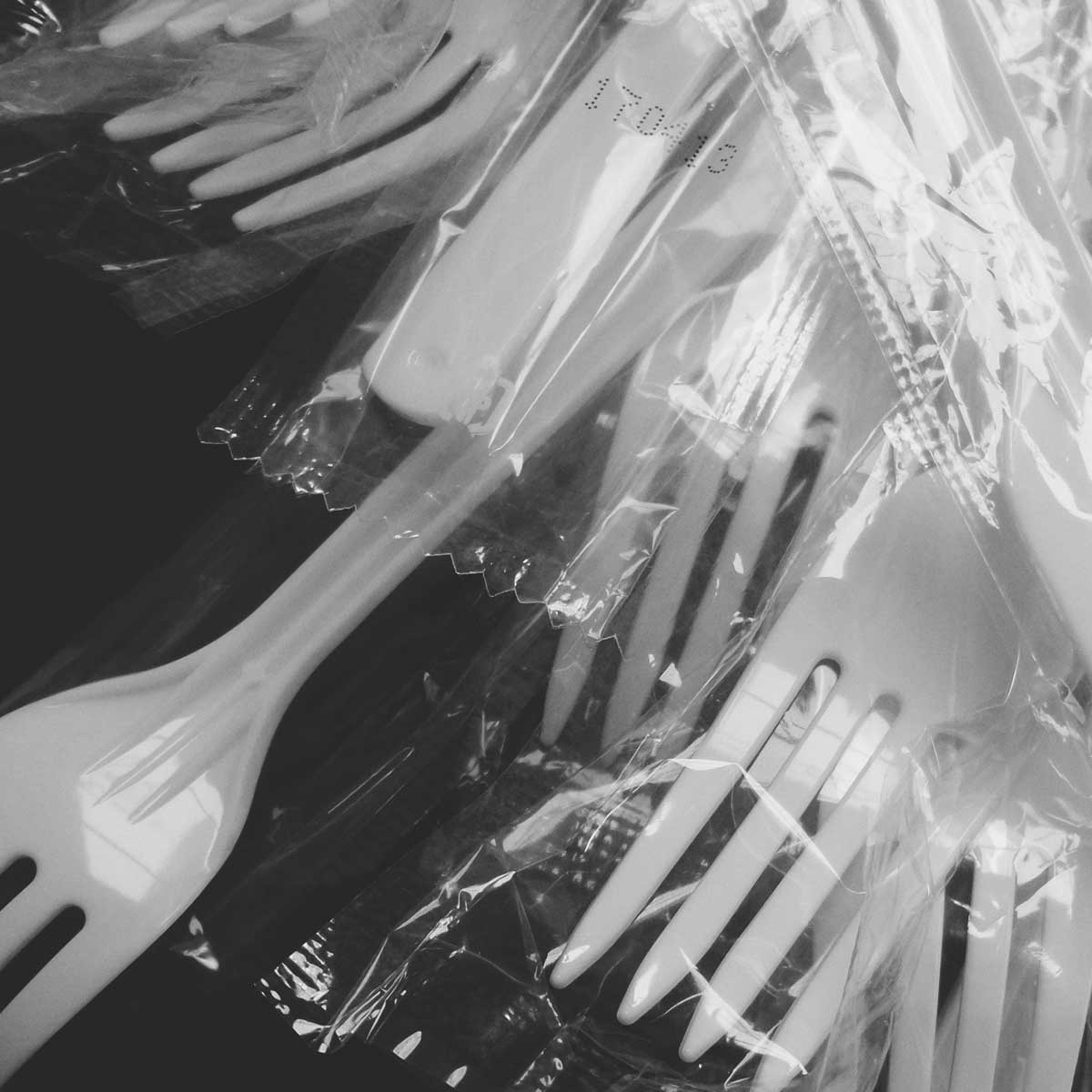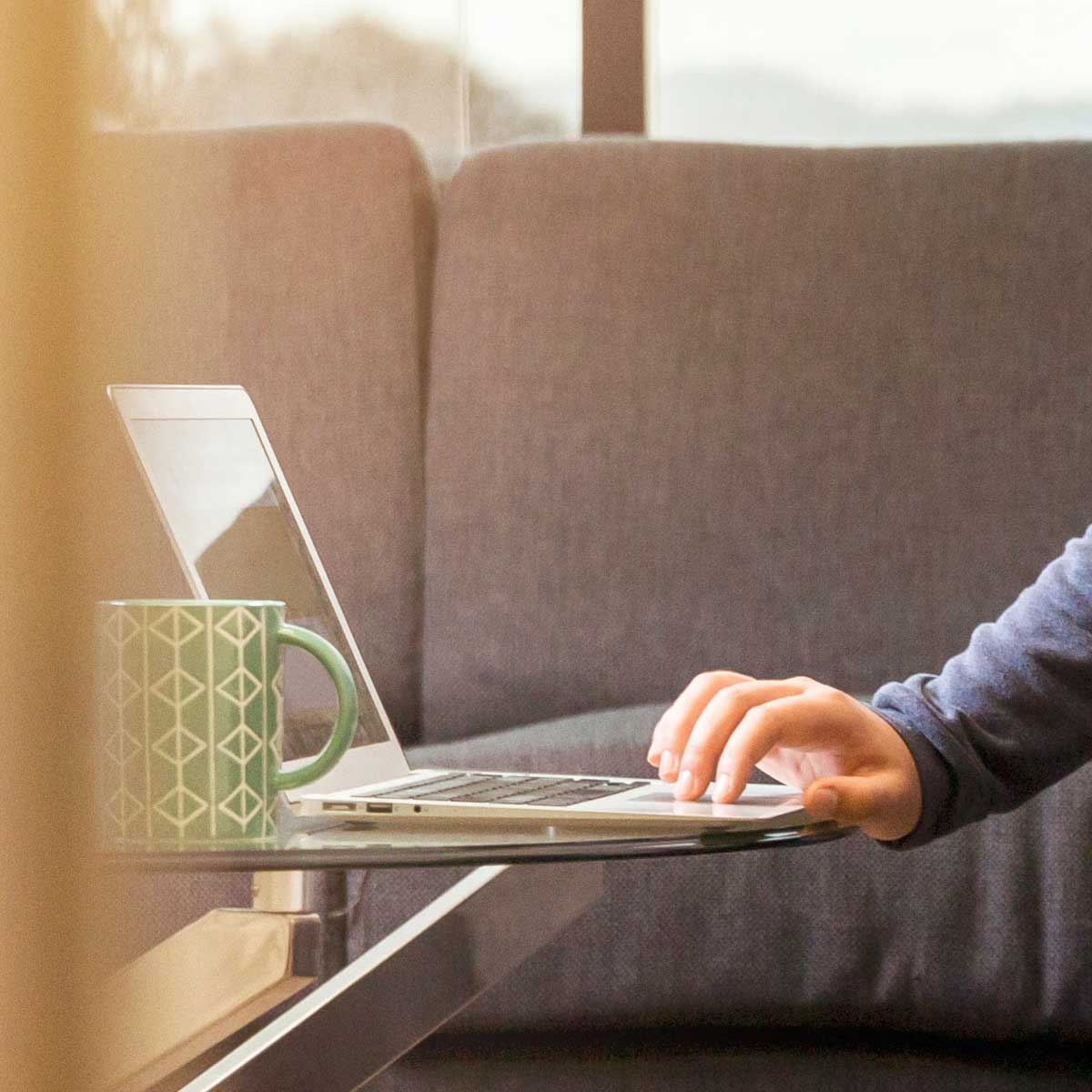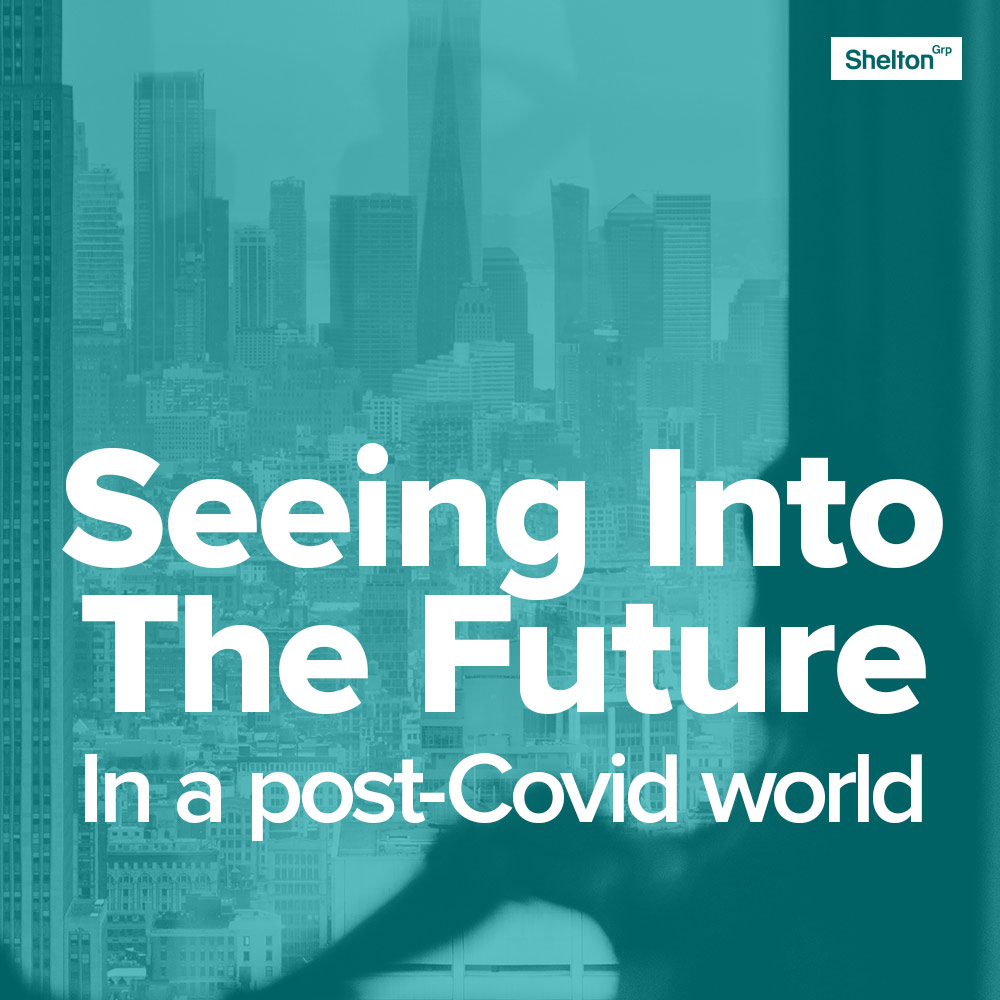How will COVID change us?
Shelton Stat of the Week
69% of Americans say it’s important for companies to take a stand on social issues (compared to 62% in 2018) – Eco Pulse 2020, fielded in May
The data is starting to come in.
At Shelton Group, we are currently analyzing the answers to some of our key Eco Pulse questions (one of our proprietary trending studies we’ve been fielding for 10 years). While we ask the same questions year after year, this answer set was different as we polled people while on lockdown. We’ll run the same questions again later this year so that we’ll have two data sets collected during the pandemic to compare against the data sets collected before and after it.
Our aim is to deeply understand what new behaviors and expectations will last in order to advise everyone reading this about where the market is truly heading. Our hope is that we can also glean some insights about how behaviors and expectations changed during COVID that we can extrapolate to how behaviors and expectations will change as we all live through the impacts of climate change.
We intend to answer questions like:
- Has COVID indeed driven the vast majority of us to expect that companies embrace stakeholder capitalism-based business models? Pre-COVID, we saw that 86% of Americans expected companies to stand for something other than just making money, and 25% could give real-world examples of when they’ve put their wallets where their values are, intentionally buying or not buying from companies based on what they do for people and the planet. As we’ve written about a lot, we expect to see all that increase. And as Alan Murray at Fortune writes about a lot, leaders of large companies increasingly expect to run their businesses in support of all stakeholders, not just stockholders. The sticking point is how. I’m still being asked by companies if they can command a price premium to cover the cost of their efforts for people and the planet. I believe the answer is no – that it’s become a basic consumer expectation, like tamper-proof packaging. Which is why it’s imperative for companies to communicate their stories in heart-felt, inspiring and deeply committed ways. We’ll see what the data tells us.
- Has COVID driven consumers to abandon or accelerate their expectations and behaviors related to packaging choices and recycling? We have done and continue to do a lot of work in the materials space – plastics, paper and steel, specifically. Last summer we discovered that Americans are in fact more concerned about plastics in the ocean than they are about climate change – and they’re very concerned about climate change. Last year one-third of Americans were what we called Activated, actively trying to buy products packaged in something other than single-use plastic. But, as you’ve probably read, during COVID some of us have abandoned those ideas, either out of fear or mandate. Single-use plastic bag use is up, as is single-use water bottle use, and disposable face masks are now washing up on shorelines. As we emerge from COVID, will we be more or less passionate about sustainable, durable materials? And who will we hold accountable for making sustainable material options readily available in packaging and other products? We’ll see what the data tells us.
- Will COVID indeed change how and where we work, and will that change what we need/demand in our homes? (Caveat: this applies overwhelmingly to office workers. As we all know, many of us don’t have a choice about working from home vs. our workplace.) PWC has already answered the first part of the question. Their recent survey of office workers indeed reveals that 72% want to work from home post-COVID at least two days a week, and 32% say they’d like to never go back to the office. Two weeks ago, I posted some of our hypotheses about how working from home will change the trajectory of home design. We’ll see what the data tells us.
In short, stay tuned. We have lots of new insights about consumer beliefs, expectations and behaviors coming your way. We hope you use them all to drive your business strategy and your marketing communications efforts.

Plastic waste surges as coronavirus prompts restaurants to use more disposable packaging – CNBC
Before COVID-19, the battle against single-use plastics (SUPs) was surging. Thanks (no thanks) to the need for increased sanitation and stricter safety measures, disposables are back on the rise. People who used to scoff at the thought of leaving their reusable grocery bags at home are now falling in line with the new rules many grocery stores have implemented — rules banning shoppers from bringing their own bags — and happily leaving grocery stores with plastic bags in hand. Now, plastic pollution is projected to increase by 40% over the next 10 years. Read more…

How the work-from-home revolution is remaking many different economies – The Observer
”Before the pandemic started, just 4 percent of Americans worked from home, even though a University of Chicago study found that 37 percent of Americans could work from home without ever needing to enter an office and still be productive,” reports Don Reisinger of The Observer. The result from this massive shift to a remote workforce? Many companies are shifting to a work-from-home-forever policy and people are starting to accept their new reality. But those of us who are now working from home face new workplace challenges — learning how to make home, work. Read more…
In a way, Covid-19 has made us all fringe consumers.
And today’s fringe will shape tomorrow’s opportunities.
Seeing into the Future: How to build resiliency in a post-Covid world
When a crisis like Covid-19 hits, ideas held by fringe consumers often flood into the mainstream. Once we’re out of crisis mode, those once-fringe ideas won’t just evaporate. They’ll shape how your company builds resilient relationships with consumers, employees and even investors. Our latest report is your head start to being the company you want to be – that consumers want you to be – in a post-Covid world.


-
TAGS:Corporate Sustainability, Efficiency & Conservation